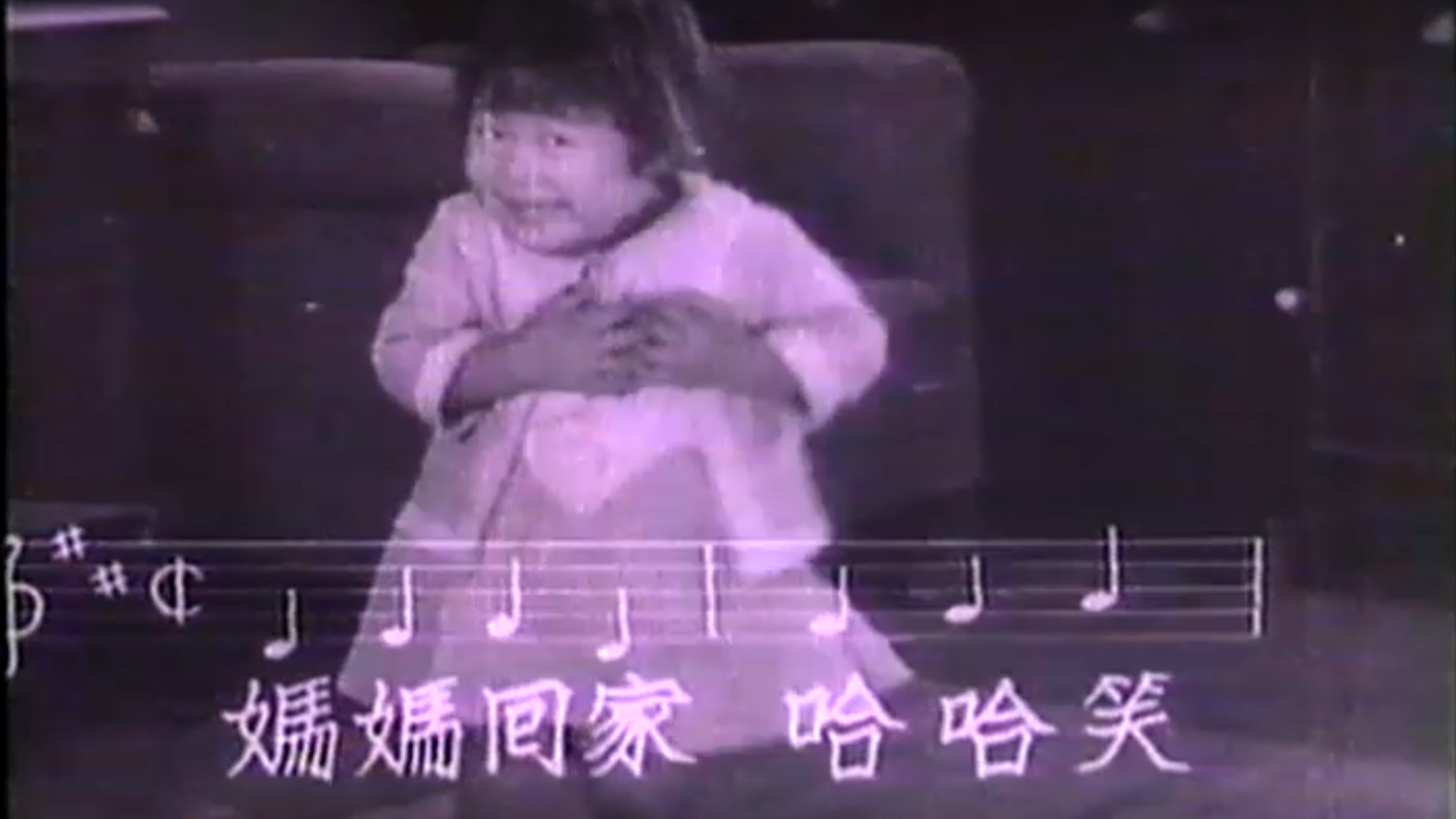Module 9: Spring River Flows East (1947)
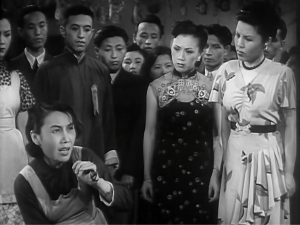
A two-part, three-hankie weepie that has been likened to Gone With the Wind—an epic story of love, lust, heroism and betrayal set against a war that divided a nation. Made during China’s Civil War, this high-budget film boasting China’s leading actors follows a devoted wife who struggles to keep her family together during eight years of war, only to suffer a crushing betrayal.
This module corresponds to chapter 11 of the book Chinese Film Classics, 1922-1949.
The film
Part 1:
Part 2:
Yi jiang chunshui xiang dong liu
Directors / Screenplay: Cai Chusheng and Zheng Junli
Studio: Kunlun
Date of release: October 9, 1947
Part 1: Eight Years of Separation and Chaos 八年離亂
96 minutes
Part 2: Before and after the Dawn 天亮前後
91 minutes
Cast: Bai Yang, Tao Jin, Wu Yin, Yan Gongshang, Gao Zheng, Shu Xiuwen, Shangguan Yunzhu
English subtitles translated by Christopher Rea
Video lecture 1: Bringing the war home
16 minutes
Contents:
- A Chinese answer to “Gone with the Wind” (1939)
- Similarities with earlier wartime blockbuster, after Eight Thousand Li of Clouds and Moon (1947)
- Plot summary
- Representing the war through categorical form
Video lecture 2: The river flows ever on
20 minutes
Contents:
- Representing moral vice and virtue through rhetorical form
- Catharsis through identification and condemnation
- Villains and paragons
- Poetry and lyricism
- The river of suffering (ku 苦) flows ever on
- Images of deluge
Learn more:
Clips from Spring River Flows East
Zhang Zhongliang inspires factory workers to support the troops fighting the Japanese in the northeast in 1931:
He Wenyan, the wife of factory boss Manager Wen, contributes to the war effort in 1937:
One of several scenes in which the filmmakers intercut wartime newsreel footage with acted shots:
Zhang Zhongliang, in Chungking, begins having sex with Wang Lizhen:
Zhang Zhongliang is celebrating his marriage to Wang Lizhen in Chungking when he receives a letter from Sufen:
The big boss introduces his new personal assistant to his staff, and itemizes the parts of his wartime business:
Sufen takes care of war orphans in Shanghai:
After Manager Wen is jailed, and before Wang Lizhen arrives in Shanghai, He Wenyan offers to be Zhang Zhongliang’s “secret wife”:
The beggar’s song offers a moral critique of the gap between rich and poor in wartime China:
In the melodramatic climax of Part 2, Sufen recognizes her long-lost husband:
Related Posts
Chinese Film Classics, 1922-1929 (2021), by Christopher Rea
An essential guide to the first golden age of Chinese cinema, offering detailed introductions to fourteen films.
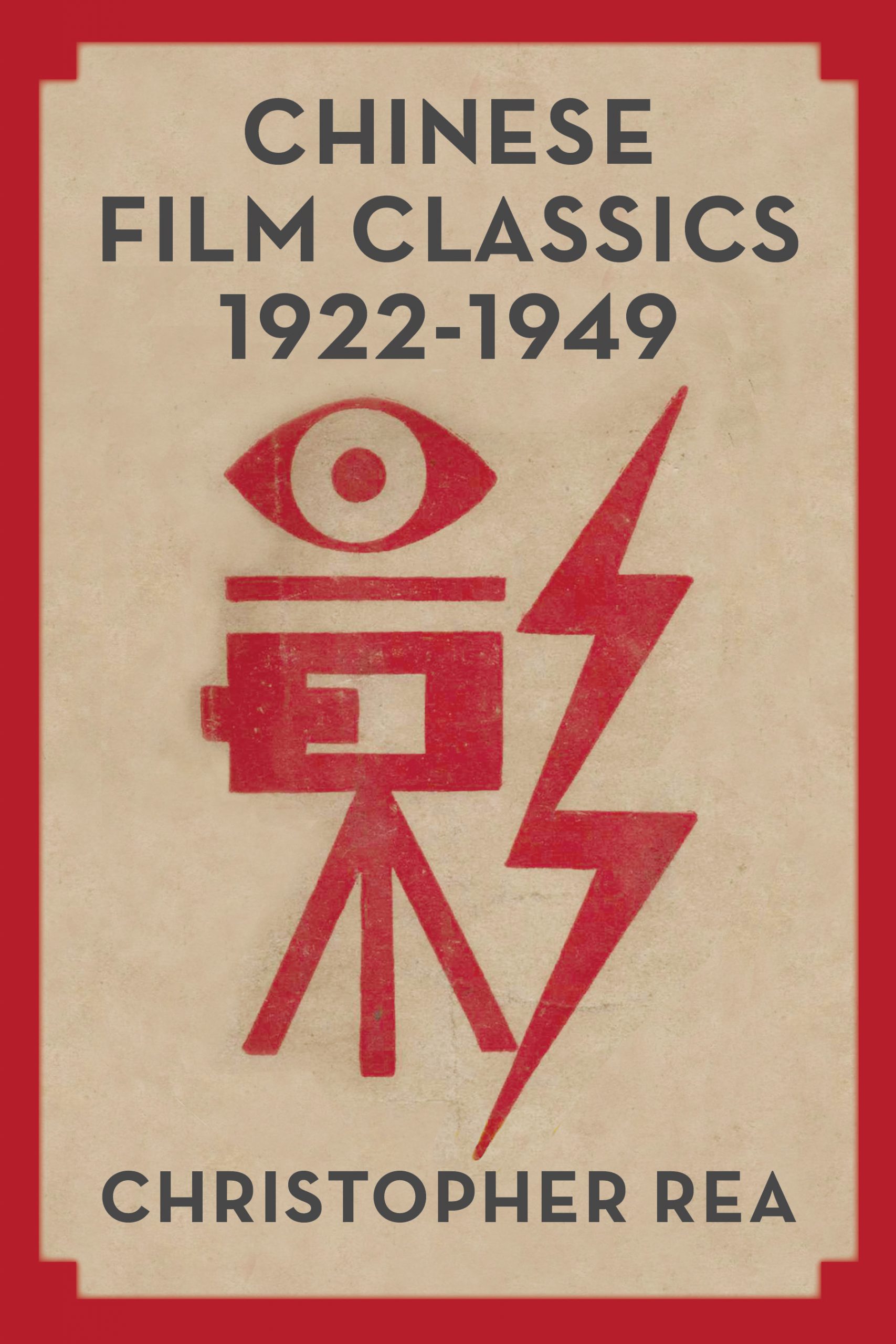
2019/10/03-11-16: Zheng Junli films at BAMPFA
A retrospective on actor-director Zheng Junli, featuring 10 of his films, several of which were restored by BAMPFA
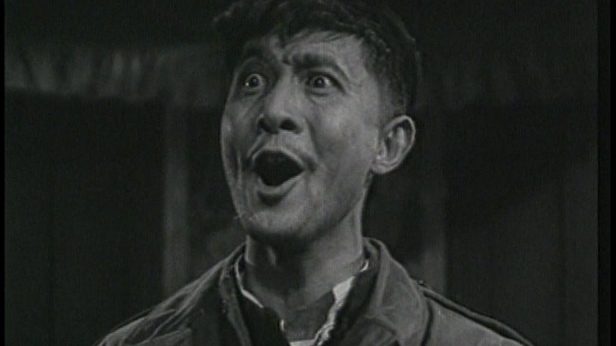
Crows and Sparrows 烏鴉與麻雀 (1949)
An epochal film, produced and set at the end of civil war, centering on a fight over housing. Who will stay and who will go?
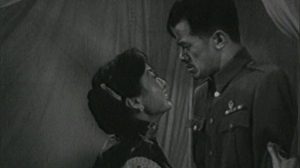
Wanderings of Three Hairs the Orphan 三毛流浪記 (1949)
Follows the misadventures of Sanmao as he tries to fill his belly on the streets of Shanghai. Adapted from the comic strip by Zhang Leping.
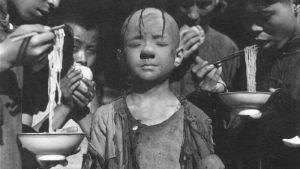
Long Live the Missus! 太太萬歲 (1947)
A fibbing housewife runs into problems with her unreliable husband and his con woman mistress in this wartime screwball comedy.
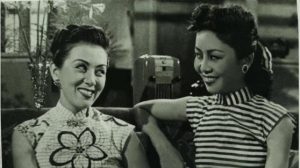
Spring River Flows East 一江春水向東流 (1947)
An epic melodrama in two parts. A dutiful wife struggles to keep her family together through eight years of war, only to suffer betrayal.
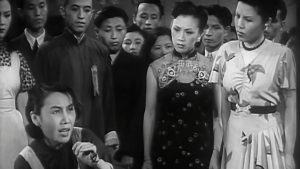
Love Everlasting 不了情 (1947)
A young professional woman is hired to care of the young daughter of a married man, only to find herself in an impossible position.
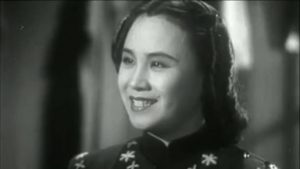
New Women 新女性 (1935)
A contemporary social drama about “the woman question.” What are women’s lives like in China today? And what should they be?
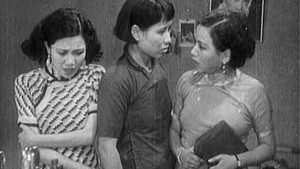
A Dream in Pink 粉紅色的夢 (1932)
A young couple in Shanghai divorce, to be reunited by the abandoned wife's devotion and literary talent.
